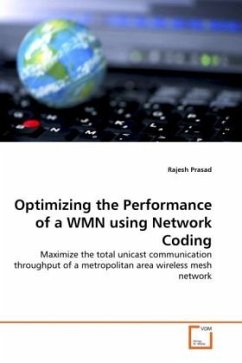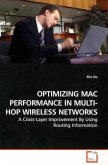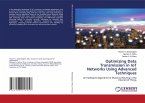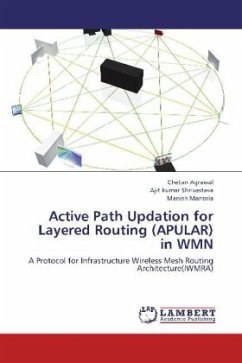This book presents the design, testbed implementation and evaluation of XOR-Top, a protocol that uses local topology information for network coding for unicast transmission in wireless mesh networks. One of the main constraints in a wireless mesh network is limited bandwidth. Network coding has shown great potential to improve the overall throughput of wireless networks with broadcast nature. In this book, we have harnessed the benefits of network coding to improve the network throughput of a wireless mesh network which uses a omnidirectional broadcast. In this work, we implement and evaluate a new encoding strategy, XOR-Top, which relies on local topology information, and uses bitwise XOR for packet coding. In essence, we can say that in this book we have studied local topology assisted network coding, designed a new protocol (XOR-Top), verified the correctness of the new coding schemes by simulation as well as experimental testbed and completed the performance analysis of data collected by simulation and experiments.
Bitte wählen Sie Ihr Anliegen aus.
Rechnungen
Retourenschein anfordern
Bestellstatus
Storno








